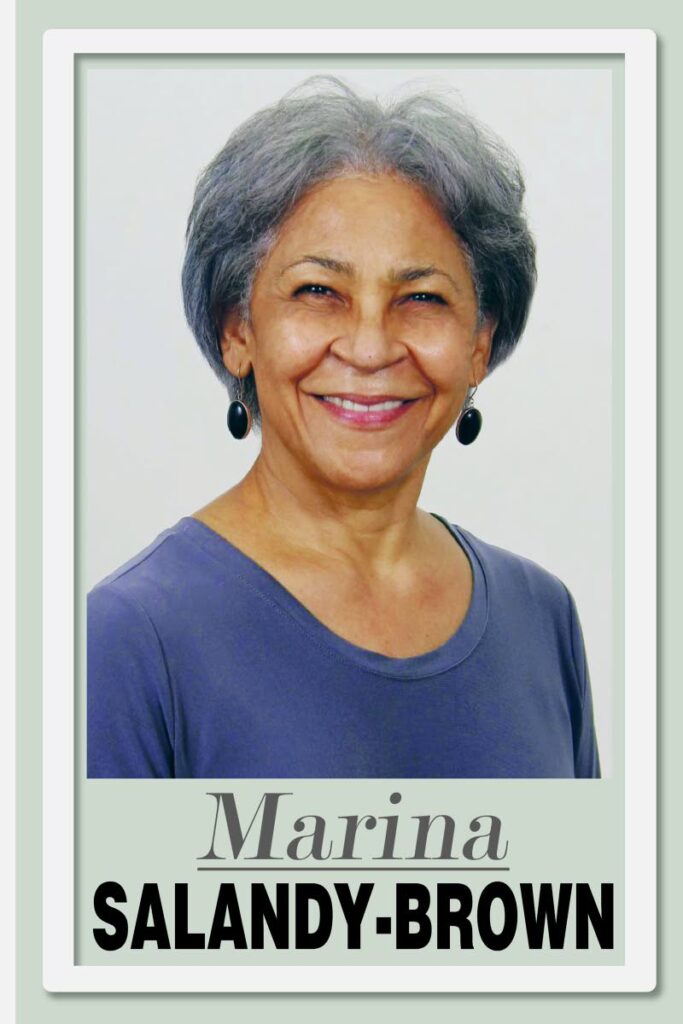Local elections tedium

The local government elections on August 14 should cause us worry.
Only 30.4 per cent of people entitled to vote bothered to. It was the lowest turnout in 43 years.
Local elections historically attract fewer voters, but a continued downward spiral is unhealthy in a functioning democracy, and it needs our attention.
Commentators have referenced the electoral fervour of the candidates and the heat of the campaigns, but there was little contagion for the vast majority of the electorate. It was the politicians making their own mas, starting with the Privy Council ruling that the elections could not be delayed, which raised the ante, and then the relative impressiveness of a clutch of new parties and the un-impressiveness of the reappearance of controversial figures such as Gary Griffith and Jack Warner.
The déja vu of the political infighting, while the rest of us looked on, might have contributed to the boredom some people felt.
I conducted my own survey into why some acquaintances opted out of voting; their story was more or less the same, and it echoed with me. A few thought their vote mattered little, since they reside in party strongholds. Others remained unconvinced of the relevance of local elections since they had no contact with their councillors or understood what their objectives were; and for the rest, the lack of information about the candidates and what they stand for hindered their engagement with the process.
On the first point, it is true that local elections tend to be fought along the same lines as national elections, although that is not always so, which leads to the second point. We are largely uneducated about our role as citizens and how we fit into the processes of democracy and the institutions of state.
The teaching of civic studies, or the expansion of whatever the subject might be named, is critical, since we need future generations to be able to take us forward, and they seem to be more ignorant than ever. A lot has been said about encouraging more youngsters to get involved in the elections, but they need to be better formed.
Our bureaucracy is collapsing under its own weight, the ease of doing business in TT worsens year on year, matters such as environmental degradation and global warming are issues that will affect younger people’s lives, and they have to know how to keep them on the national agenda. We do not want young people who just seek a road to wealth and power and continue with the deep-rooted corruption that is bringing us to our knees.
Local government should be where those who seek truly to serve the people learn about the people’s needs, because that is what it is set up to do. It is at the local level we begin to see the impact of increasing poverty – from 16.7 per cent to 24.5 per cent between 2005 and 2014, and after covid those official figures must be still more staggering.
One in every five people in this country is below the poverty line, and it will get worse, since we will be less educated and able to earn a living as a result of the pandemic school-dropout rate.
Local authorities are responsible for people in a way the national government is not, but our system is so centralised that local power has been hobbled.
As for the third reason for not voting, I had never considered the ability of local councillors to do their job, outside of the obvious preoccupation about racial preferencing and bribery for contracts etc, but it hit me between the eyes upon seeing the list of candidates I could choose from.
I received only one campaigner’s solicitation in the form of a postcard with the candidate’s image, encouraging me to vote for him on polling day. It was from the PNM candidate.
In the polling booth, I learned only his profession and that of the other contestants. Which of the three on offer could best be trusted with the responsibility of managing a regional corporation, regardless of their party? One person was a tailor, one a designer and the other an AC engineer.
I had a question: how are people trained for the job? Managing politics and serving people is not an easy task. It needs nous, knowledge, and sound skills in dealing with others, in finance and business. And councillors need to communicate with people.
I later looked at the website for my regional corporation and it does not tell me its objectives, its core values or how it wishes to involve residents.
Local government has little autonomy unless it can raise money and spend it to the benefit of residents. At the moment, the prime source of local revenue – the property tax – remains suspended. After all the talk about local government reform, where have we got to?
I guess not much further, since the property tax is a sensitive vote issue, and with national elections on the horizon, that tricky matter will be laid to rest.
So, let’s see what the next five years bring. I think we can guess.

Comments
"Local elections tedium"